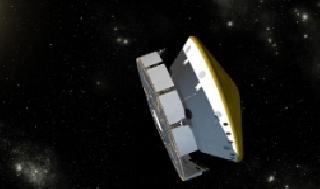
An artistic illustration of NASA's Mars Science Laboratory spacecraft during its cruise phase between launch and final approach to Mars. A NASA photo
PASADENA (BNS): Over a fortnight after its launch, NASA's car-sized Curiosity rover has started monitoring space radiation that will help in planning future manned missions to Mars.
The unmanned Martian rover - the biggest, most sophisticated robotic explorer ever built - is carrying the Radiation Assessment Detector (RAD) to monitor high-energy atomic and subatomic particles from the Sun, distant supernovas and other sources.
Such particles constitute radiation that could be harmful to any microbes or astronauts in space or on Mars.
Unlike instruments fitted at or near the surface of the spacecraft to monitor space radiation in previous Mars missions, the RAD is placed deep inside Curiosity and shielded by other components on board the craft.
"RAD is serving as a proxy for an astronaut inside a spacecraft on the way to Mars," said Don Hassler, RAD's principal investigator from the Southwest Research Institute in Boulder, Colorado.
"Understanding the effects of the spacecraft on the radiation field will be valuable in designing craft for astronauts to travel to Mars," the scientist said.
NASA had launched Curiosity - formally known as the Mars Science Laboratory (MSL) - to explore Mars on November 26.
The spaceship is carrying a robotic arm, a drill, and a set of 10 science instruments.
As of 9 am PST (noon EST) on December 14, the spacecraft will have traveled 51.3 million kilometers of its 567-million-kilometer flight to Mars, according to NASA.
The first trajectory correction manoeuver during the trip is being planned for mid-January.
The spacecraft is expected to arrive at its destination after eight and a half months in August 2012.
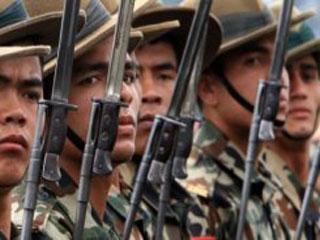 Previous Article
Previous Article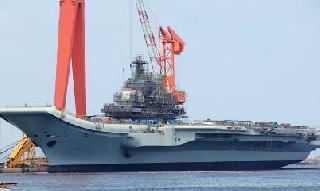 Next Article
Next Article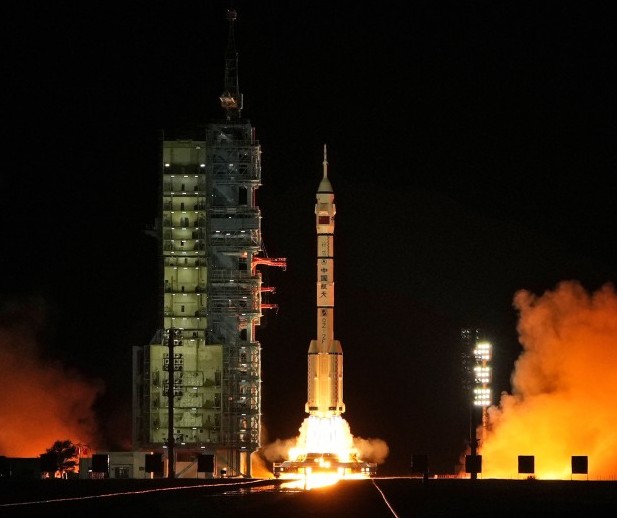

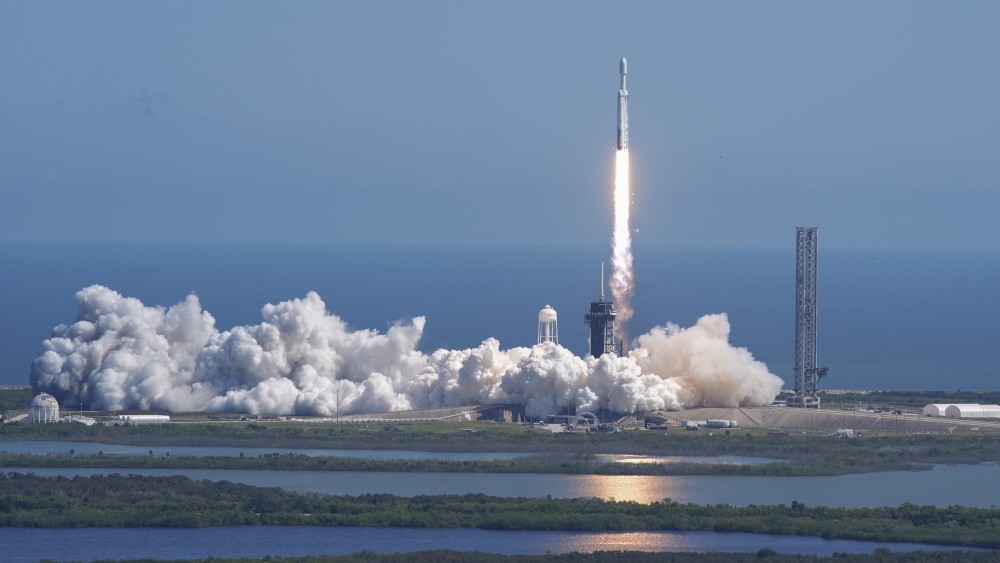


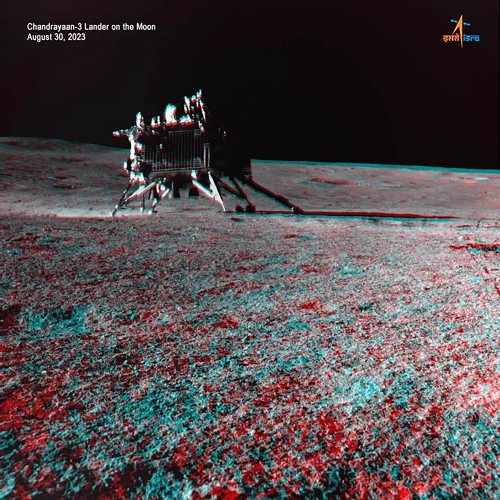
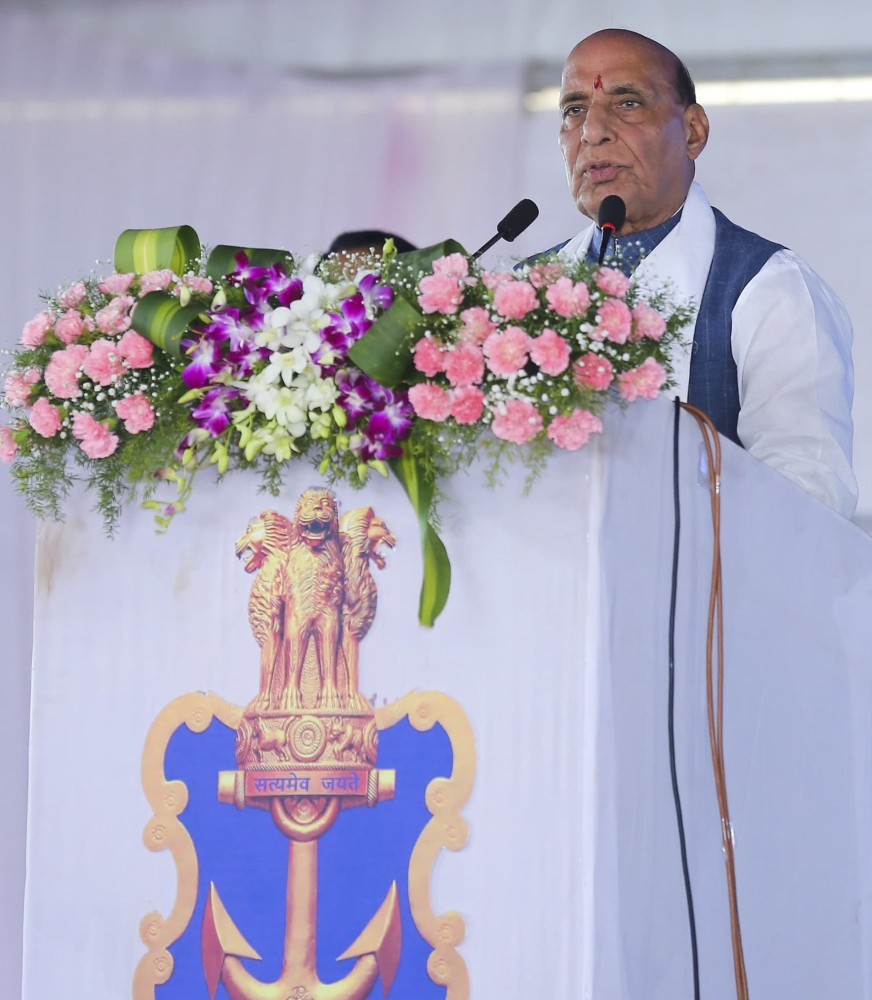






The Indian Air Force, in its flight trials evaluation report submitted before the Defence Ministry l..
view articleAn insight into the Medium Multi-Role Combat Aircraft competition...
view articleSky enthusiasts can now spot the International Space Station (ISS) commanded by Indian-American astr..
view article